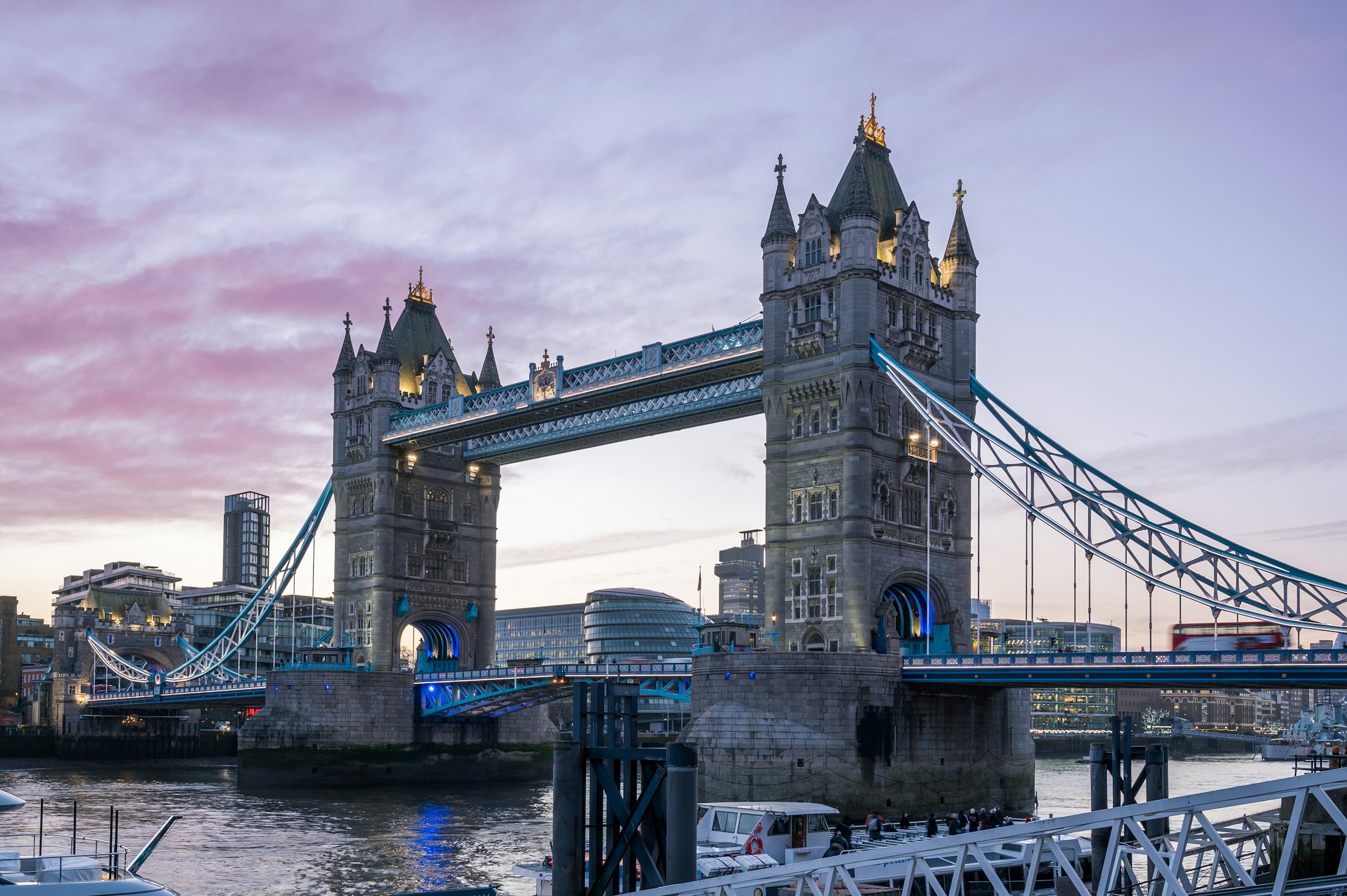While Gulf economies push forward with industrial diversification and greenfield investment, the UK is once again contemplating tax hikes to maintain fiscal discipline. This is not merely a matter of balancing books. It’s a strategic signal: when a government leans on tax increases to comply with its own budget rules rather than reforming the underlying growth model, it suggests not conviction—but inertia.
The latest forecast from the National Institute of Economic and Social Research (NIESR) estimates that the UK is on course to breach its self-imposed fiscal rules unless further measures are taken. With constrained public spending and sluggish productivity gains, higher taxation is becoming the default lever. But this move—less politically volatile than spending cuts—underscores a broader structural problem. Britain is not growing fast enough to sustainably fund its public ambitions. And its leaders are running out of options they’re willing to take.
Fiscal rules in the UK are meant to ensure medium-term sustainability, particularly targeting debt-to-GDP ratios and limits on borrowing. But when those rules are preserved at the expense of long-term competitiveness—via higher corporate taxes, frozen thresholds, and ad hoc levies—the very future those rules aim to protect comes under threat. Strategy has been replaced by survival math.
To be clear, the UK is not alone in this. Many advanced economies face similar demographic drag and post-pandemic fiscal fatigue. What makes Britain’s case more pronounced is the absence of a coherent growth agenda. The US leans on tech innovation and green industrial policy. The EU balances fiscal orthodoxy with state aid for strategic sectors. Even Japan, often maligned for stagnation, has doubled down on wage growth and capital expenditure. By contrast, the UK’s macro playbook remains reactive. It lacks a bold sectoral bet or a long-term productivity engine. Taxation fills the void.
This isn’t simply a failure of imagination—it’s a failure of business model clarity. Governments, like corporations, must decide what they are structurally good at and build around it. In the UK’s case, the core advantage once lay in financial services, higher education, and globalized labor. Brexit weakened the first, underfunding eroded the second, and hostile rhetoric dented the third. The policy pivot to high-wage, high-productivity growth has not materialized in implementation. So taxes rise, because the revenue base isn’t evolving.
That’s where the divergence becomes strategic. In the UAE and Saudi Arabia, fiscal transformation has been matched with institutional reforms: sovereign wealth funds driving industrial policy, new visa regimes attracting global talent, and state-owned firms aligning with national economic goals. Taxes, when introduced, are carefully choreographed—not blunt tools to plug gaps, but signals of system modernization. In the UK, taxes now function more like fire extinguishers.
NIESR’s report doesn’t just flag a risk—it reveals a mindset. Policy is being used to contain failure rather than construct renewal. And this carries long-term consequences. High tax environments without corresponding growth drivers tend to erode investor confidence. Talent and capital become mobile. Fiscal compliance becomes a local win, but global relevance is lost.
It’s worth noting that UK households are already experiencing stealth fiscal tightening: frozen personal tax thresholds during high inflation years create real tax rises. This bracket creep disproportionately affects middle-income earners, reducing disposable income while masking the policy’s regressiveness. For businesses, corporate tax hikes reduce reinvestment appetite. For both, it’s a slow squeeze—less visible than spending cuts, but just as corrosive.
The political risk is not just about the next election cycle. It’s about economic drift. Britain needs more than tax tweaks—it needs a new strategic frame. Fiscal rules should be subservient to a clear national growth agenda, not the other way around. Otherwise, the government becomes a compliance officer, not a strategic architect.
In this context, leaning on tax rises is less a solution than a symptom. The UK is treating fiscal credibility as an accounting exercise, not a structural commitment to transformation. And while the numbers may eventually align on a spreadsheet, the opportunity cost is harder to quantify: the cost of not building, not reforming, not adapting.
This isn’t about whether tax rises are “good” or “bad.” It’s about what they replace. In Britain’s case, they are replacing ambition with avoidance. And that is the real breach—one of strategic clarity, not just budgetary discipline.















